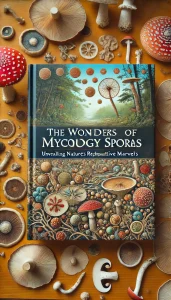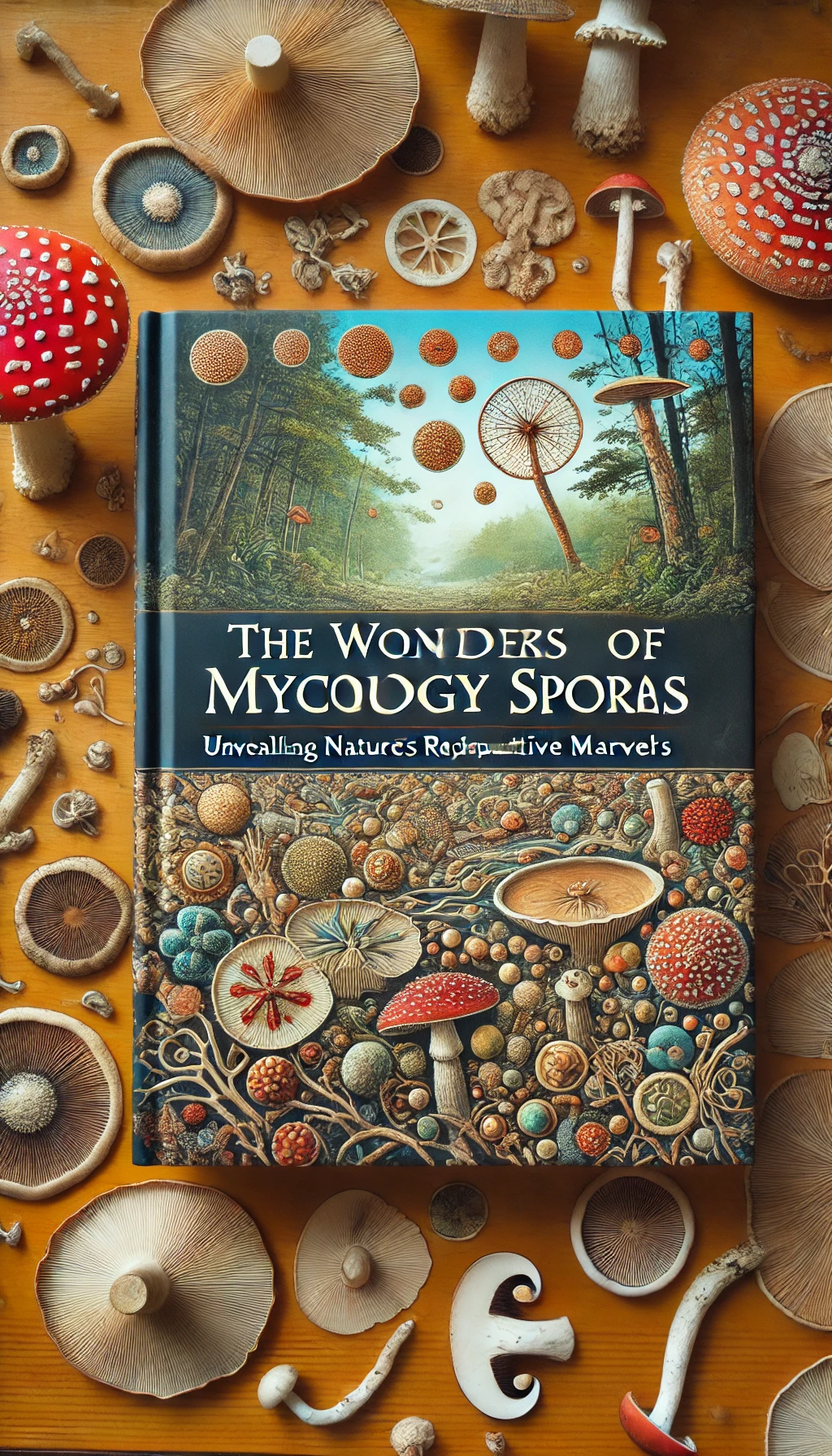
Free shipping for all ordes over $200+

The world of mycology, or the study of fungi, is filled with incredible organisms that play vital roles in our environment and have significant implications for various industries. Central to this fascinating world are mycology spores, the tiny yet powerful reproductive units of fungi. These spores are essential for the propagation and survival of fungi, contributing to their widespread presence and ecological importance.
Mycology spores are microscopic reproductive cells produced by fungi. These spores come in an astonishing variety of shapes, sizes, and structures, each adapted to the specific needs and habitats of the fungi that produce them. Spores can be produced through sexual reproduction, involving the fusion of two compatible fungal cells, or asexual reproduction, where spores are clones of the parent fungus.
The life cycle of fungi revolves around the production, dispersal, and germination of spores. Under favorable environmental conditions, such as adequate moisture, temperature, and nutrient availability, spores germinate and grow into new fungal organisms. This ability to remain dormant during unfavorable conditions and then germinate when conditions improve is a key factor in the resilience and persistence of fungi in diverse environments.
Sexual spores result from genetic recombination, leading to greater genetic diversity and adaptability. Asexual spores, on the other hand, allow for rapid and efficient reproduction when conditions are favorable, ensuring the survival and spread of the fungal species.
Mycology spores play a crucial role in maintaining ecological balance. Fungi, through their spores, are essential decomposers in ecosystems. They break down complex organic matter, such as dead plants and animals, recycling nutrients back into the soil. This process supports plant growth and maintains soil health, making fungi indispensable for nutrient cycling.
Furthermore, fungi form symbiotic relationships with plants through their spores. Mycorrhizal fungi, for example, establish mutualistic associations with plant roots, enhancing nutrient uptake for the plants while receiving carbohydrates in return. These relationships are vital for the health and productivity of many ecosystems, including forests and grasslands.
Beyond their ecological roles, mycology spores have significant applications in various fields. In agriculture, spore-based inoculants are used to improve soil fertility and promote plant health. These inoculants contain beneficial fungal spores that establish symbiotic relationships with crops, enhancing nutrient absorption and disease resistance.
In the medical field, fungi are a source of important pharmaceuticals, including antibiotics and immunosuppressants. The discovery of penicillin from the Penicillium fungus revolutionized medicine and highlighted the potential of fungi in drug development. Modern biotechnology continues to explore fungal spores for the production of novel drugs and enzymes.
Fungi and their spores are also used in industrial processes. Enzymes derived from fungi are utilized in various applications, including food production, biofuel production, and waste management. The ability of fungi to break down complex organic compounds makes them valuable for bioremediation, where they are used to clean up environmental pollutants.
Mycology spores are remarkable reproductive units that showcase the adaptability and resilience of fungi. Their ability to reproduce, disperse, and survive in diverse environments underscores their ecological significance and potential applications in various industries. As we continue to study and understand the world of mycology, we unlock new possibilities for harnessing the power of fungal spores in agriculture, medicine, and biotechnology. Through ongoing research and innovation, mycology spores promise to reveal even more of nature’s hidden marvels, enriching our knowledge and benefiting society in myriad ways.

Copyright © 2024 EPIC SPORES. All Rights Reserved.
an Affordable Ads Group LLC Website
